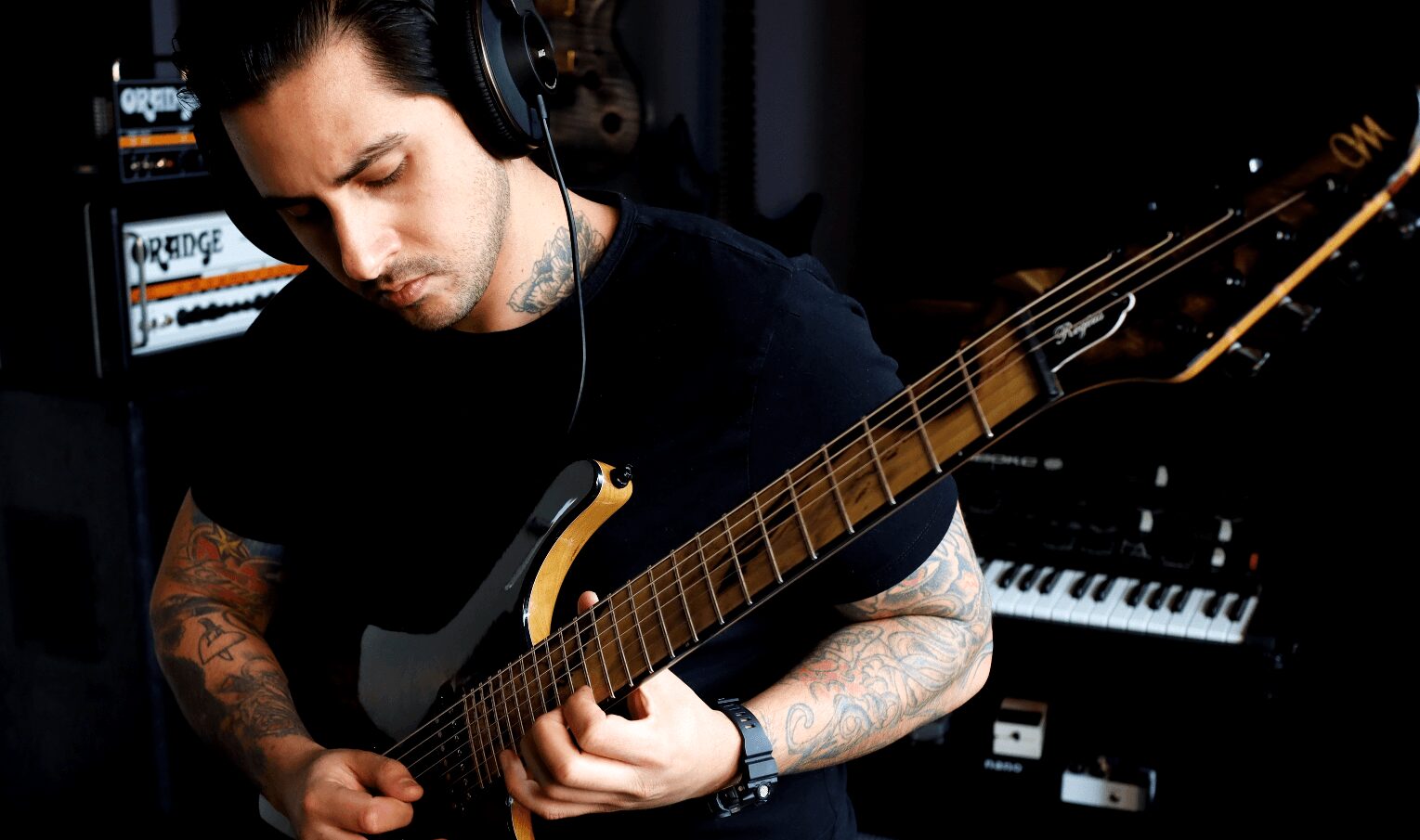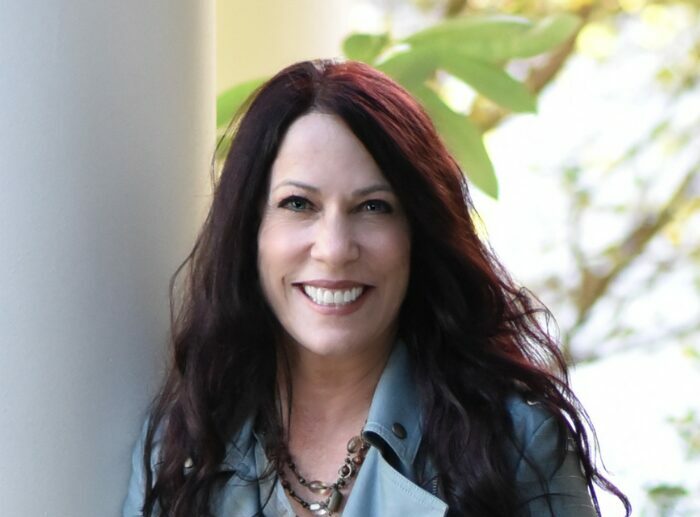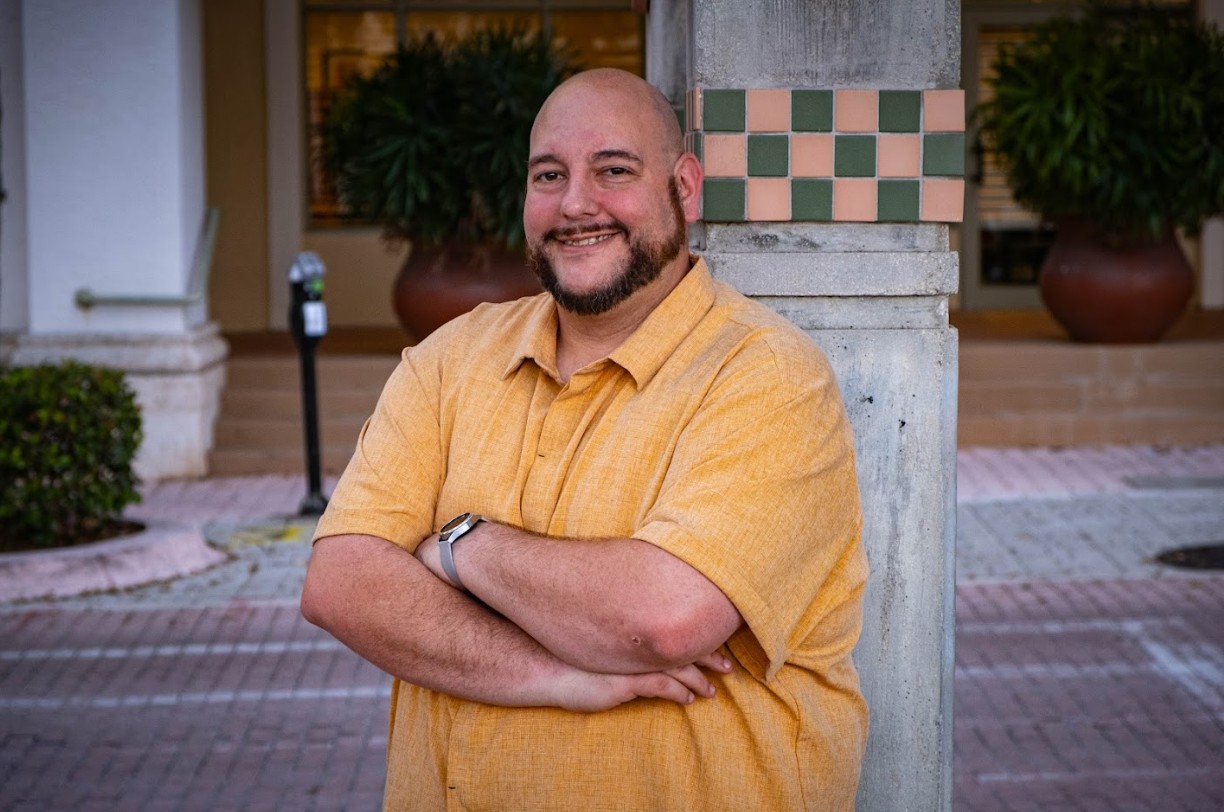Alright – so today we’ve got the honor of introducing you to Edward Ray. We think you’ll enjoy our conversation, we’ve shared it below.
Edward, looking forward to learning from your journey. You’ve got an amazing story and before we dive into that, let’s start with an important building block. Where do you get your work ethic from?
I love this question. I now have this newborn fantasy that a teacher from highschool might stumble on this interview and baulk at the thought of me having any kind of work ethic whatsoever. I was a terrible student. Just scraping by was my idea of succeeding, in most classes. I distinctly remember getting a school report once, it said I’d done the bare minimum to pass the class that year. I was genuinely perplexed when my mum got angry at me. “Hey, I passed. That’s good… Right?”. No, it wasn’t. All other classes I’d failed with a 1, (or F, in America). At the same time, I had full marks in English literature, so they knew I wasn’t entirely lazy, or stupid… I just didn’t grasp the notion that sometimes the things we aren’t interested in still need to get done, whether we like it or not. So yeah, straight F’s, a C-, and an A+.
In other words, I never had a problem applying myself in the things that I was passionate about. I think this story might be about to take a pretty predictable turn, though there were only three things that really interested me in my developmental years. In order: Reading, then video games, then music.
I worked a multitude of menial jobs after school. Probably every bad job that kids get threatened with: “If you don’t do well at school, you’ll end up doing X for a living.” I did X. And Y and Z, too. I eventually realised that I actually did want more out of life. That gave me a pretty hard kick up the backside. So I got to work studying… After all my old classmates had already graduated university and college.
Long story short, I ended up working in project management, in the medical industry (pretty worrying for a kid that failed Biology every year, huh?). Anyway, I was doing well at that job. Although it was clear something was missing. I spent every waking moment of my life outside of work playing and writing music. To the point where I got annoyed when someone called it a hobby… To me it was more than that. I remember when people would ask me “What I do”. I’d find myself talking about how much I loved writing, listening to and playing music. Then they’d say, “No, uh… For work…”. Then they’d watch the fire in my eyes die as I’d mumble something about the medical device development industry.
One day, I’m standing up in this meeting room. Big corporate building, big important call on a big fancy screen. Sat in my uncomfortable suit, on some weird designer desk chair… Living the dream… The call ends, I’m looking out the window.
“Is this what success is…? Because this pretty much sucks”.
That night I went home and started writing down ideas for what I was going to do with my life. I’m not keen on the idea of being a touring musician. Besides, the prospect of making money there has absolutely naught guarantee – to put it mildly. What about writing music for paying clients? Nah, people that write music for film and TV, all of those guys and gals went to school for that. I went to school for marketing… What did I know about writing music for orchestras? No one was going to hire me for that. Then I got to thinking, the video game industry is always churning out games… Maybe there’s something there? Trouble is, I knew absolutely no one in that industry.
I got to work the very next morning. I needed to build a portfolio, make contacts, improve my knowledge… Start at square 1, in other words. So for nearly 2 years, I worked my full time job and spent every spare moment outside of that trying to make a career out of my music. I’m talking early mornings, late nights, weekends, Christmas, New Years Eve… Every. Spare. Moment. Eventually, things took off; I was able to go full time. It seemed utterly impossible at times and heaven knows, I had plenty of sceptics around me. I now firmly believe that if other people are doing something for a living, there are very few reasons as to why you or I can’t.
Now, I do work a lot more than I did at the project management job, though far less than I did when combining it with trying to get the video games music off the ground. These days, my work ethic ultimately comes from being cognizant of the fact that I’ve worked very hard to get where I am, writing music full time. To extrapolate that further, I worked hard because I’d found what my “reason to get up every day” is. Sure, my project management career, that would be some people’s idea of succeeding. For me, it was anything but. I may never get as wealthy doing what I do now as if I had stayed on that path, though that is no longer my idea of success, if it ever really was at all.
This job has a lot of late nights, early meetings, stressful deadlines, rejection… Though still, I wouldn’t give it up for the world. My work ethic now stems from knowing that in order to keep this work going, I need to deliver my best, on time, all the time, at any time. I don’t want to sound dramatic, though really, there is absolutely no option of complacency. And because I’m doing the thing that means most to me in the world, writing music, it actually comes relatively easy.

Let’s take a small detour – maybe you can share a bit about yourself before we dive back into some of the other questions we had for you?
I write music for video games, here’s how it usually works:
I’ll get a referral from a happy client, or I’ll have someone that’s become familiar with my work find me through that. We start a discussion about their project, the genre, the emotional subtext, art style, everything to do with it. At that stage, it’s really important for me to understand the creative vision of the project. What it means to the team, what inspired it, what continues to inspire them to do it.
We may touch upon the kind of music they like, or may envision for the project but it’s more than that. In the initial stage I really like to get to know what makes them tick creatively. That makes my job a lot easier, because that way when we discuss the music and audio, it’s from a common understanding in the context of their vision for the project. This sounds incredibly pretentious, though it really is vital to all parties involved, that when we talk about the direction, it’s from a place where we understand each other’s perspectives. After all, we aren’t just trying to find music that’s “good and happens to fit”, we’re developing the musical identity of the project. Rather than, “This is some good music that plays in the background of the game”, it’s, “This is the musical representation of everything the game stands for”.
So once we’ve built a foundation from that discussion, at that point, I’ll go away and do a writeup. I’ll come up with a summary of whatever it is they’ve told me, make some recommendations, provide feedback on their ideas, then bundle it up and send it through for their review. After this stage, I can get to work writing a demo. Once that’s approved, we start on the project.
What happens next is, well, we may shut ourselves away in dark rooms for a year and only emerge once the game is made. Other times, this developer will have come to me in the last stages of development and say “We’ve almost finished this game and we have absolutely no music. How quickly can you write 60 minutes of music?”. At which point I crunch hard and get everything done to the best achievable standard, as quickly as possible. I remember the silent panic the first time I heard that… Now it’s not unusual at all.
My most recent project is called “Frenzy Extinction”. It’s a VR shooter and it will be available on the Meta Store, on September the 12th 2024, which is just around the corner now. It may even be out by the time this gets published…

If you had to pick three qualities that are most important to develop, which three would you say matter most?
Passion: Figure out what that one thing is, the one that you would love to spend most of your life doing.
Focus: Know what it is you are trying to achieve in that field. Make some money? Free up time to do more of that thing? Make it your career?
Planning: Research what is needed to get you closer to that goal. Set timelines. Tasks. Not every task will be worth doing and you may only know after the event. That big networking event that cost $2000? May be a total waste of time. That work you put into something that did absolutely no good? You may never see any benefit from it. So cast a wide net. Do as many things as you possibly can. Tackle this from every angle. Follow others before you. Seek advice, get feedback. Be kind to yourself, these things take time. But remember, as with anything, the less you do, the longer it will take.
Execution: Commit time to this goal every single day. The amount of time you put in will have a direct and proportionate amount of output. It’s about taking small steps, looking back looking at the distance you’ve covered, whilst also being mindful of the ground you still need to. Take action accordingly. The easiest thing to come up with in the world is an excuse.

Before we go, any advice you can share with people who are feeling overwhelmed?
We all feel this way at times and I’m certainly no exception.
This may sound like an oversimplification, though I hope it proves useful to someone. The only cure I have found is to write a list of things that need doing. I’ll jot them down, then I’ll go to the top of the list again and scan through it. I’ll write numbers next to them to mark them in terms of order, or priority.
I’ll then write the tasks out again in numerical order and assign an approximate time to complete each one. Then I’ll assign 2 hour blocks to each one, with 15 minute breaks in between. I may work on every task until it’s complete, or I may do 2 hours on each task at a time. I’ll break each task into subtasks where necessary.
So here’s an example of how I’d structure this. In this instance, I’d bounce between tasks 1, 2 and 3 to keep myself fresh. Within a day and a half, all of this will be finished as a result.
1. Voyage Interview
– Make sure we have the right pictures assembled. (1 hour)
– Conduct interview. (1 hour).
2. Finish writing project brief for VB Game Project
– Listen back to meeting recording. (1 hour)
– Note down important points. (1 hour)
– Listen to reference tracks and make notes
(2 hours)
– Write summary
(2 hours)
3. Mix tracks for FE Soundtrack
– Mix Ambient layers for level 1
(2 hours)
– Mix Ambient layers for level 2
(2 hours)
– Mix Combat tracks for level 1
(2 hours)
Contact Info:
- Website: https://www.edward-ray.com
- Instagram: https://www.instagram.com/edwardraymusic/?hl=en
- Linkedin: https://www.linkedin.com/in/edward-ray
- Youtube: https://www.youtube.com/@edwardray




so if you or someone you know deserves recognition please let us know here.




